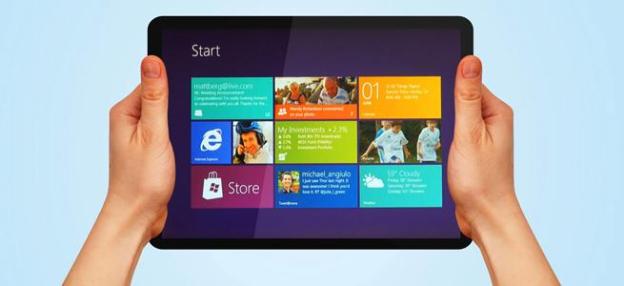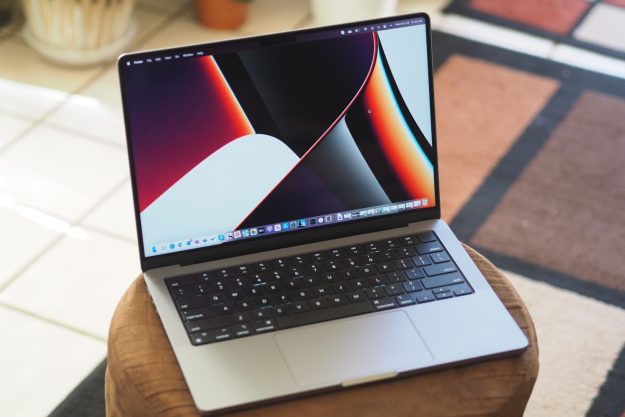 Though Microsoft likes to release 10,000 word posts on its Building Windows 8 blog, it still manages to say very little. We have many questions about Windows 8. All indications are that it’s coming this year, but Microsoft has set no timetable. Luckily, CNET may have found the answer. The tech site claims that “a source familiar with the device makers’ plans” told it that the first batch of Intel-based Windows 8 tablets will hit store shelves in November.
Though Microsoft likes to release 10,000 word posts on its Building Windows 8 blog, it still manages to say very little. We have many questions about Windows 8. All indications are that it’s coming this year, but Microsoft has set no timetable. Luckily, CNET may have found the answer. The tech site claims that “a source familiar with the device makers’ plans” told it that the first batch of Intel-based Windows 8 tablets will hit store shelves in November.
According to the source, there will be “more than a dozen” tablets and laptops, but more than half of them will be ‘hybrid’ designs, or tablets with laptop-like features, or laptops with tablet-like features. (Read: How tablets and smartphones are shaping your next PC.) All of them will also run on Intel’s new “Clover Trail” Atom processor — it’s first dual-core mobile chip.
Of course, we are only speaking of one component of the Windows 8 launch. These dozen tablets, hybrids, and laptops due in November will be backward compatible with older versions of Windows and run legacy applications and games (those compatible with Vista and Windows 7). Tablets and devices running Windows RT (the dumb name Microsoft has given to Windows 8 on ARM processors, Intel’s chief competitor), may come out earlier or later, and there could be more than a dozen of those as well. At least, that’s what we guess based on CNET’s wording.
Intel targets Apple and mobile

“Our job is to ensure our silicon is so compelling, in terms off running the Mac better or being a better iPad device, that as they make those decisions they can’t ignore us,” said Intel CEO Paul Otellini.
We wish him the best of luck, though it seems unlikely Apple will simply abandon ARM, since it already invests heavily in designing and modifying its own ARM chips. Though Intel tightly controls all manufacturing and design of its processors, ARM allows device makers to modify its specs and market their own custom processors. It’s kind of the Android of computer processors. Given that metaphor, Intel would be like Apple, we suppose. The tide may or may not turn, but right now, ARM is winning.
Editors' Recommendations
- How Intel and Microsoft are teaming up to take on Apple
- Apple’s M3 Max appears to keep up with Intel’s top desktop CPU
- Even Intel’s best chips won’t catch up with Apple, TSMC CEO says
- Intel chips held back the 15-inch MacBook Air, Apple says
- You can finally run Windows 11 natively on an Apple silicon Mac

